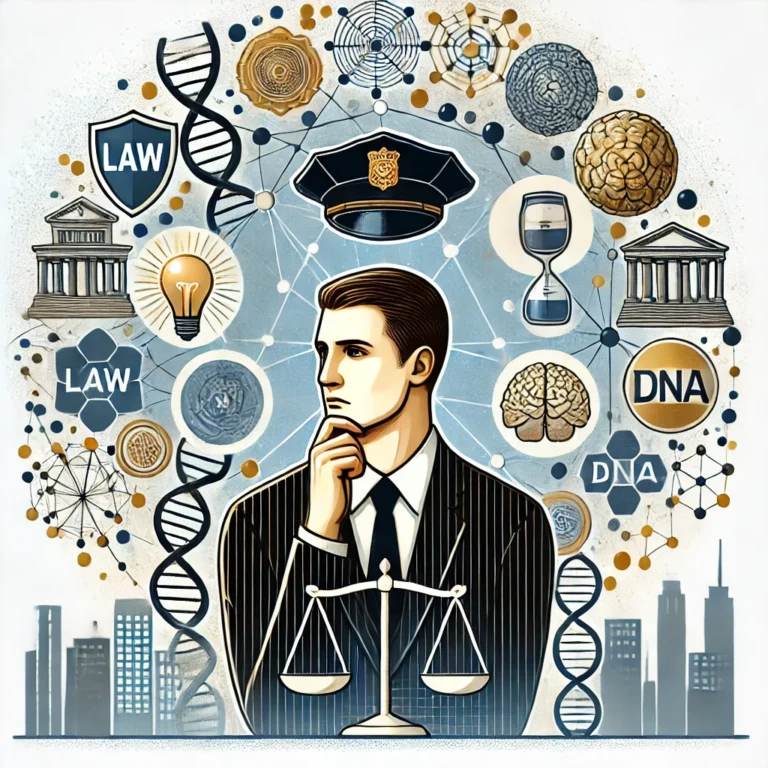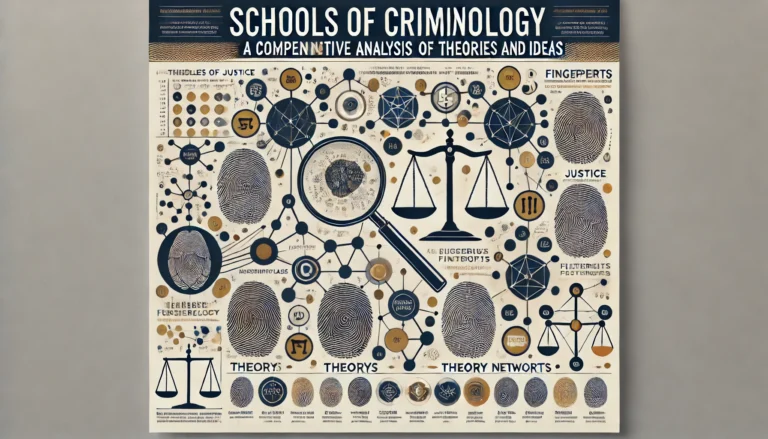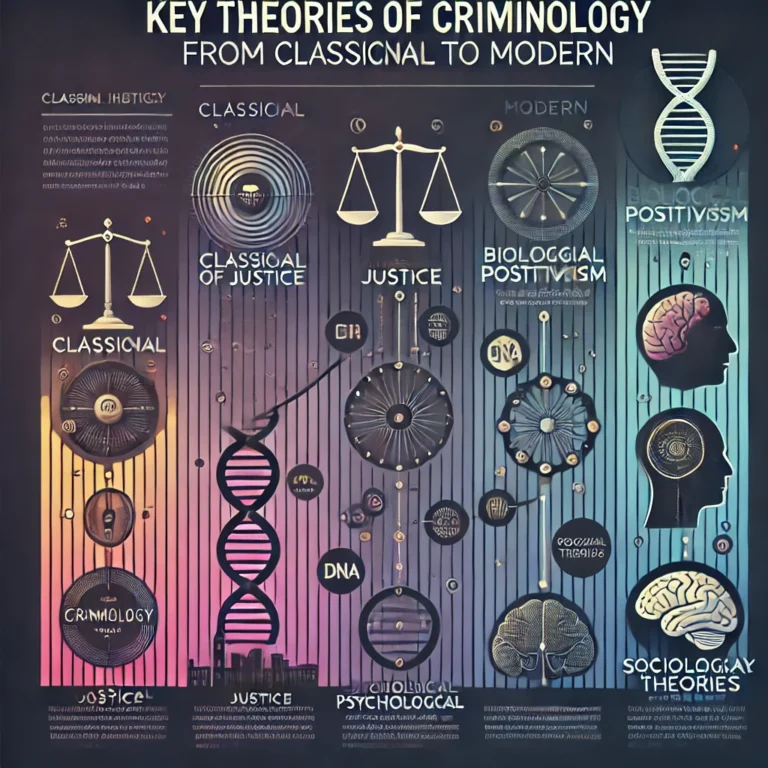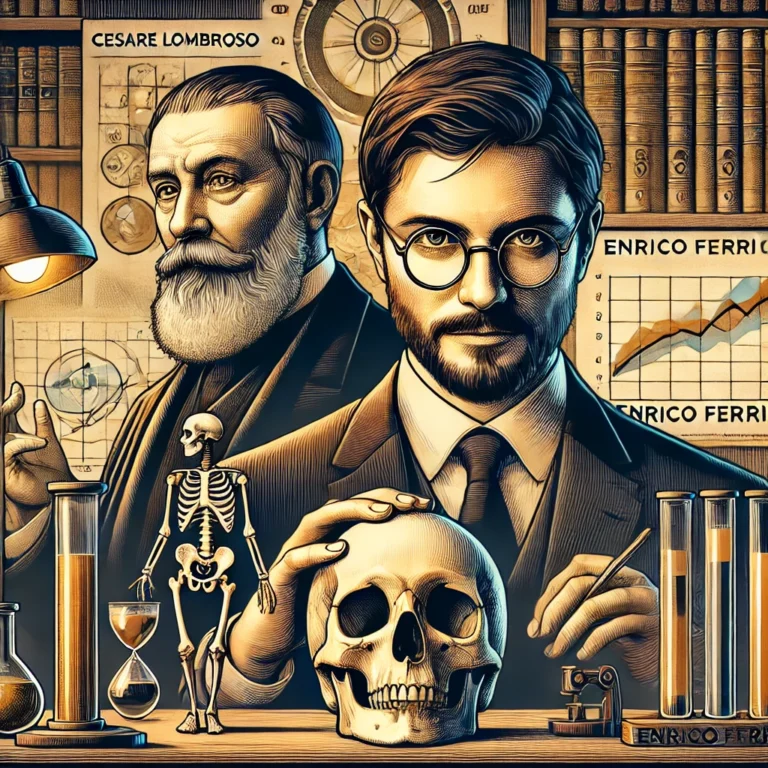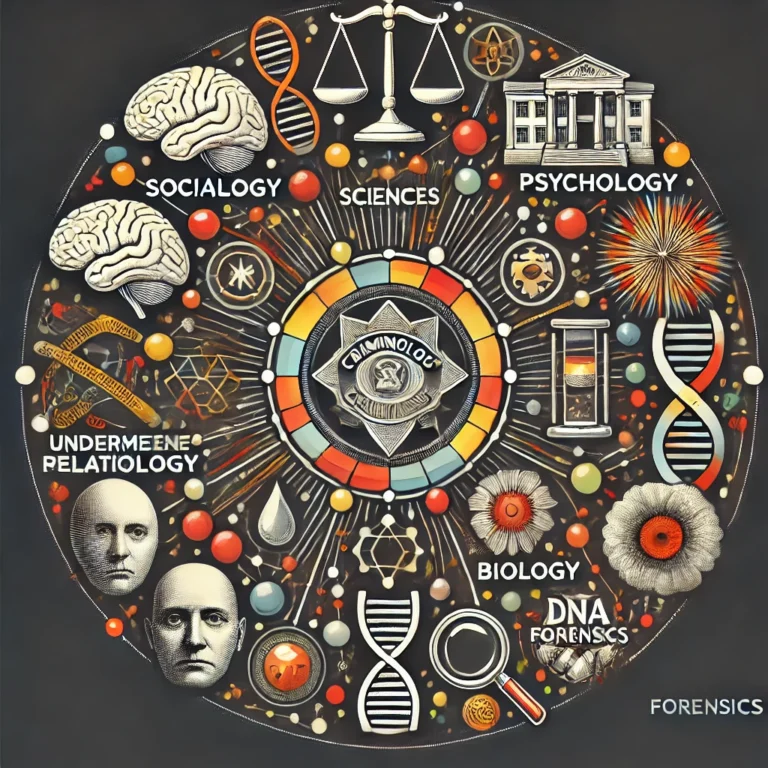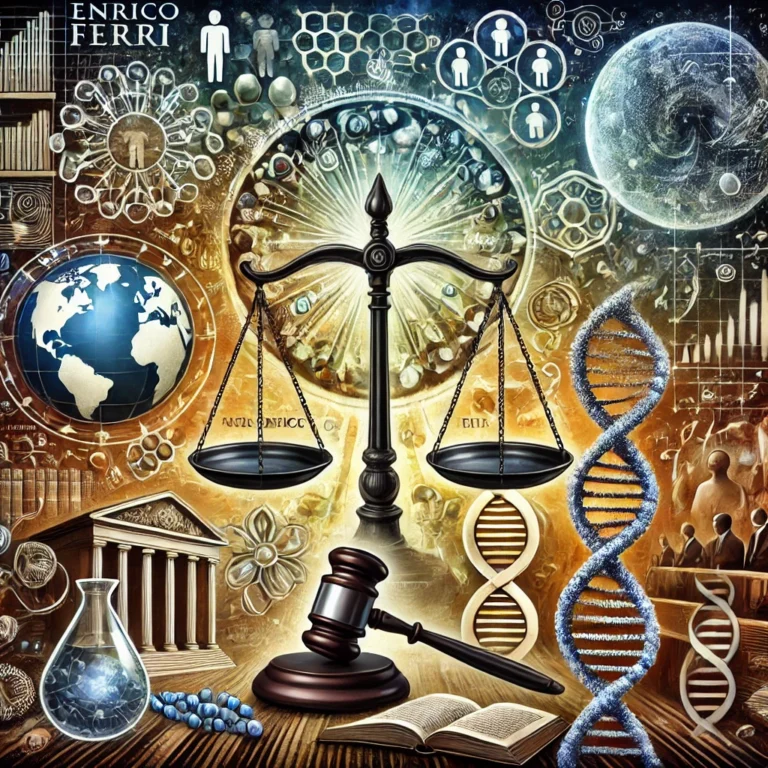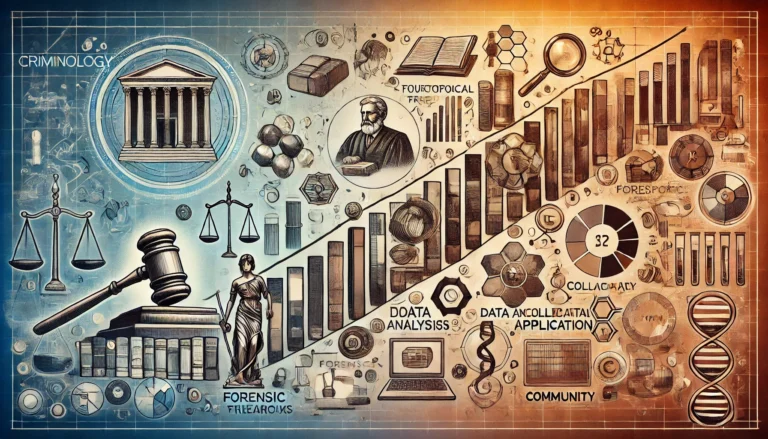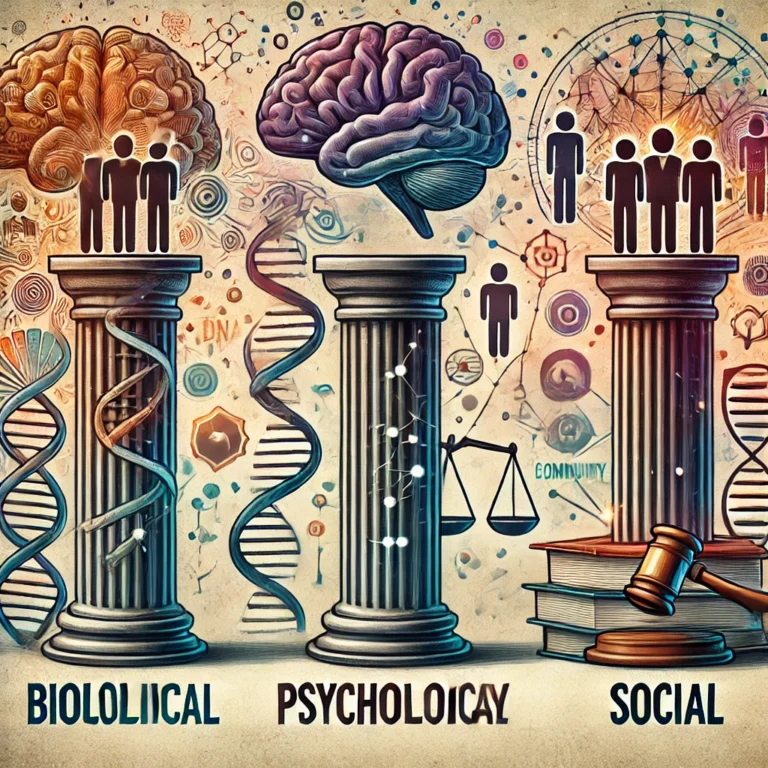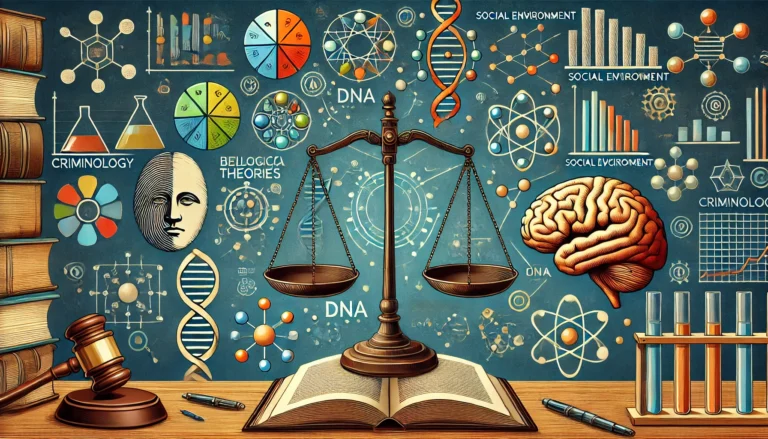Garo Vallo’s Contributions to Criminology
Garo Vallo is a distinguished figure in the field of criminology, whose groundbreaking theories and innovative approaches have left a lasting impact on the study of crime and its underlying causes. As criminology has evolved into a multidisciplinary science, contributions like Vallo’s have enriched its theoretical and practical dimensions. This article delves into Garo Vallo’s…

